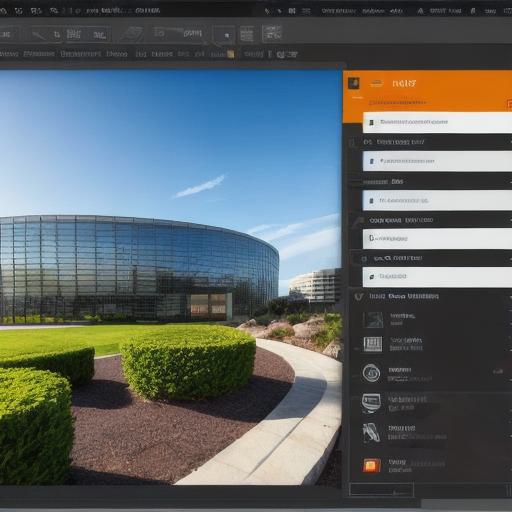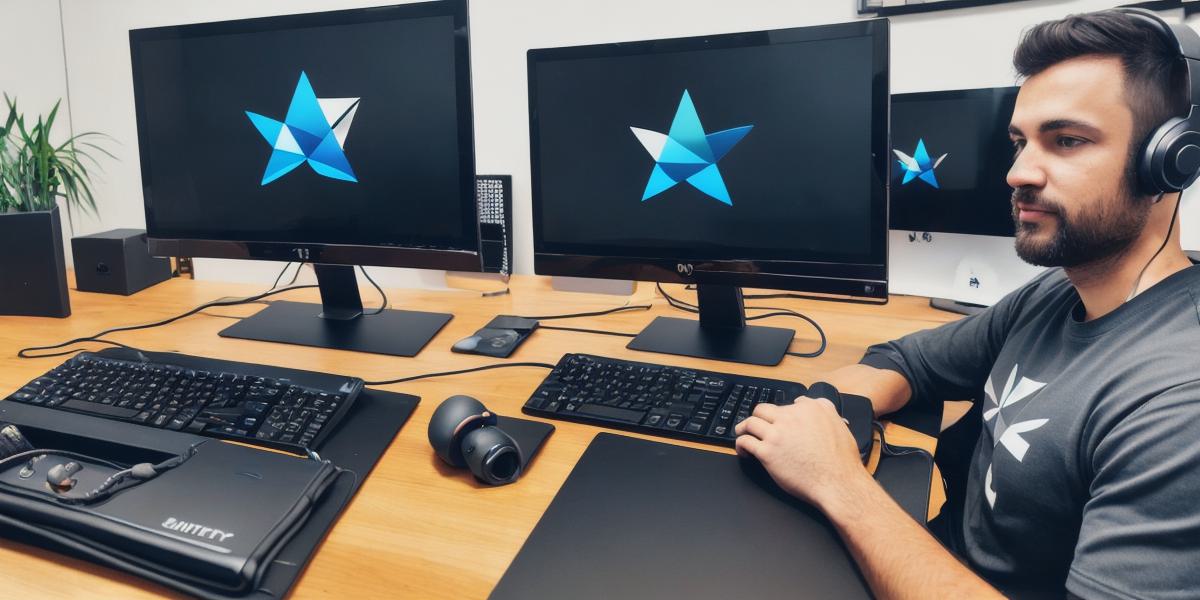As a web developer considering a shift towards game development using Unity 3D, you might be curious about the specific responsibilities and qualifications required for this role. In this response, we’ll cover both aspects to help you gain a better understanding of what it takes to excel as a Unity 3D Developer.
**Responsibilities:**
- Game Development: Primary responsibility lies in designing, developing, and optimizing games using the Unity engine. This includes creating game logic, implementing game mechanics, and managing game states.
- Scripting: Writing efficient scripts in C to control game objects, characters, AI, physics interactions, and more is a crucial aspect of your role.
- Optimization: Ensuring games run smoothly on various hardware platforms by optimizing assets, scripts, and performance is an essential part of the job.
- Collaboration: Working with artists, designers, sound engineers, and other team members to create engaging games is a collaborative effort that requires effective communication skills.
- Maintenance and Updates: Continuously improving existing games by fixing bugs, enhancing features, and integrating new content is an ongoing responsibility.
**Qualifications:**

- Technical Skills: Proficiency in C programming language, a solid understanding of object-oriented programming concepts, and experience with game development engines like Unity 3D are essential qualifications.
- Creativity: A strong sense of creativity and an ability to design engaging games is valuable for this role. Familiarity with game design theory and principles can be beneficial.
- Problem Solving: Game development often involves overcoming complex challenges, so effective problem-solving skills are crucial.
- Performance Optimization: Understanding how to optimize assets, scripts, and performance to run games smoothly on various hardware platforms is essential.
- Collaborative Mindset: Ability to work in a team setting, communicate effectively with team members, and contribute to a collaborative development process are vital qualifications.
- Experience: Having previous experience working with Unity 3D or other game engines, as well as creating simple games from start to finish, is highly valuable.
**Summary:**

The role of a Unity 3D Developer combines technical prowess, creativity, problem-solving skills, and collaboration in the development of engaging games. By focusing on the responsibilities and qualifications outlined above, you can prepare yourself for an exciting career in this dynamic field. Whether you’re starting from scratch or building upon existing experience, embracing these aspects will help you grow as a Unity 3D Developer.
